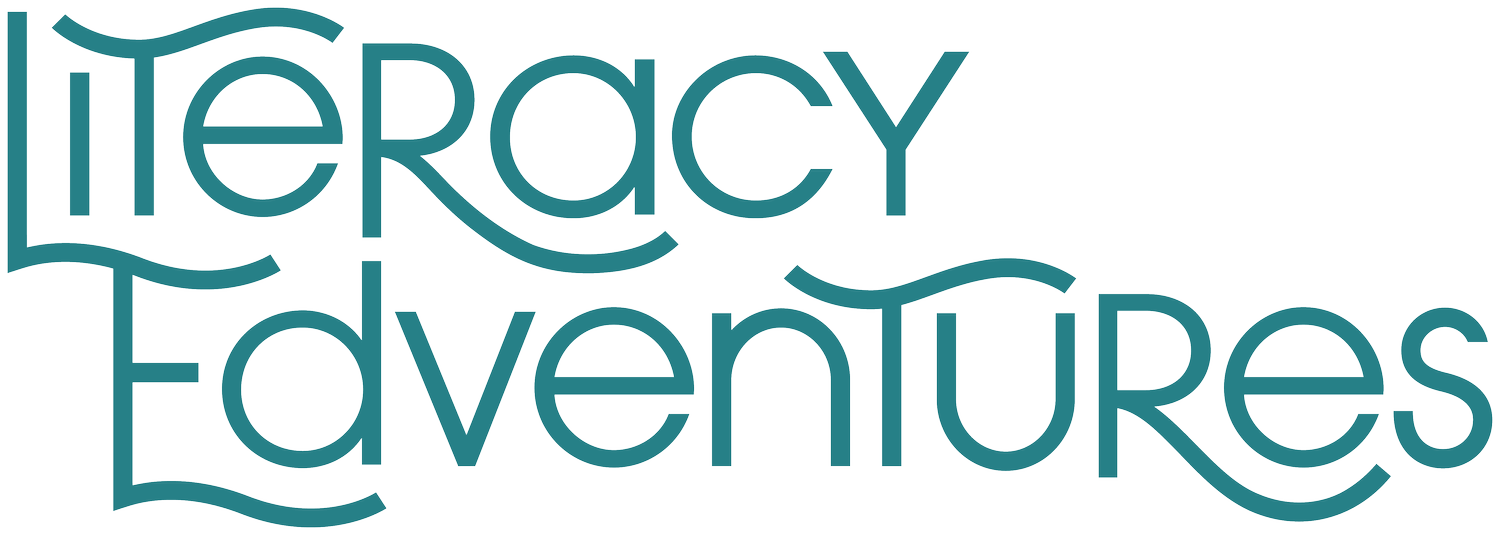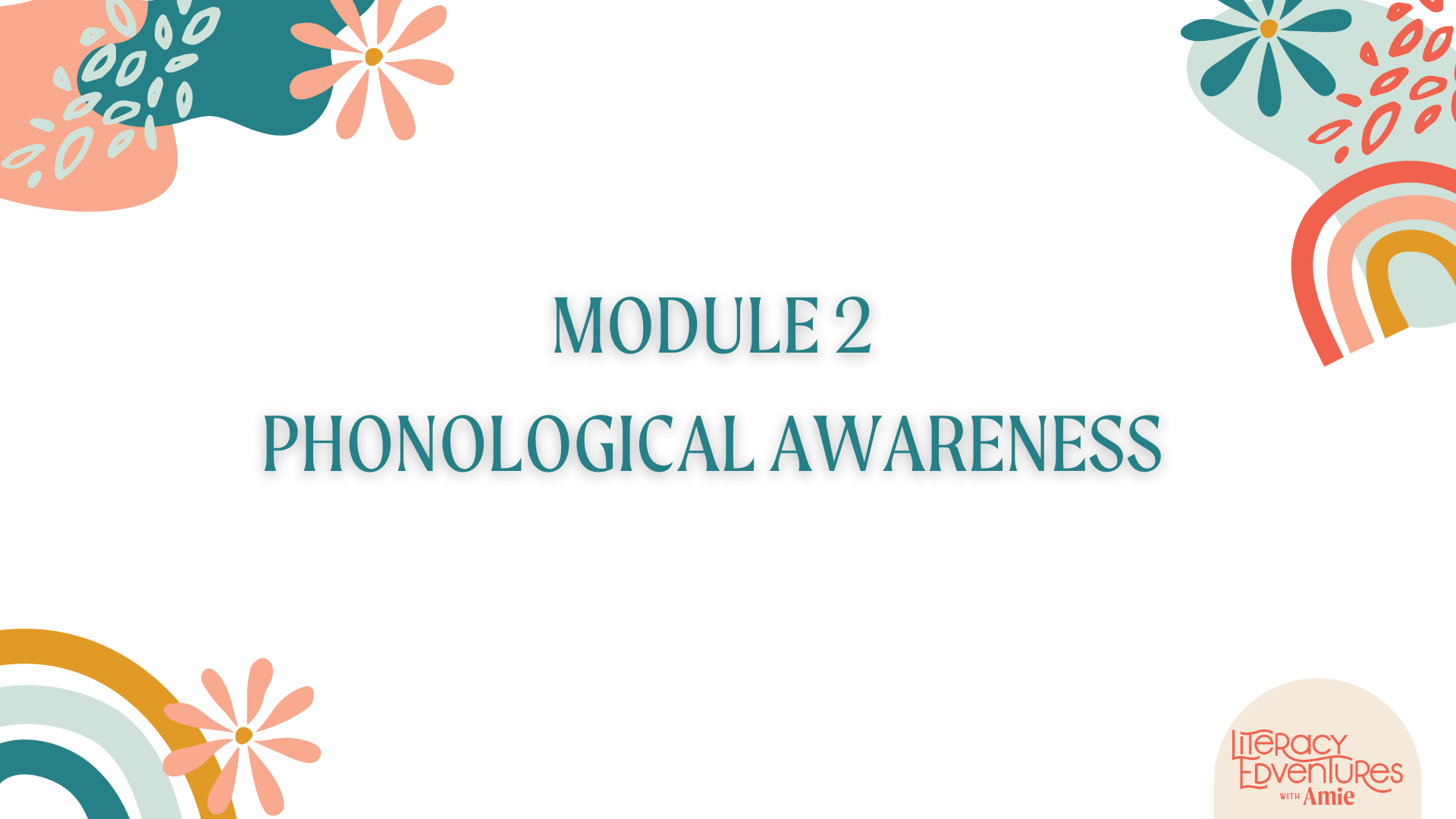Phonological Awareness

What is Phonological Awareness?
Word Awareness
Rhyming
Syllables
Phonemic Awareness
Phonological Awareness
Phonological Awareness is a skill that allows students to recognize and manipulate sounds of the spoken language. Most people think that reading instruction should begin with letters and sounds. But most of our students are preparing to read LONG before they learn their letters and sounds. Reading actually starts when children begin to pay attention to the sounds of spoken words. So let's take some time to break it down.
There are several components to phonological awareness and each level is important to a student’s development.
Word Awareness- I like to call this sentence segmentation. “I like to eat pizza.” This sentence has five words. Students who have word awareness will recognize that pizza is one word even though it has two syllables
Rhyme- Hey diddle the cat and the........ FIDDLE! Rhyme is important because it gets children thinking about playing with words. But most importantly, it teaches them the structure of words, which is a prerequisite for learning to read word families, and decode and spell words.
Syllables- When students are able to count syllables in words, they become better decoders, spellers, and writers.
Phonemic Awareness- Is the ability to hear, identify, and manipulate the smallest units of spoken sound. This involves skills such as blending, segmenting, and manipulation. New research indicates that the two most important skills are blending and segmenting. Which makes sense when you think about it. Right? In order to be successful readers and writers, students should have the ability to blend and segment phonemes.

Phonological Awareness
Margie Gillis from Understood does an excellent job of explaining phonological awareness. She breaks down how we can take the largest units of the spoken word and break them down into the smallest units.
NEed Some Support in PHonological Awareness?
Snag my favorite activities below!
Test Your Knowledge




